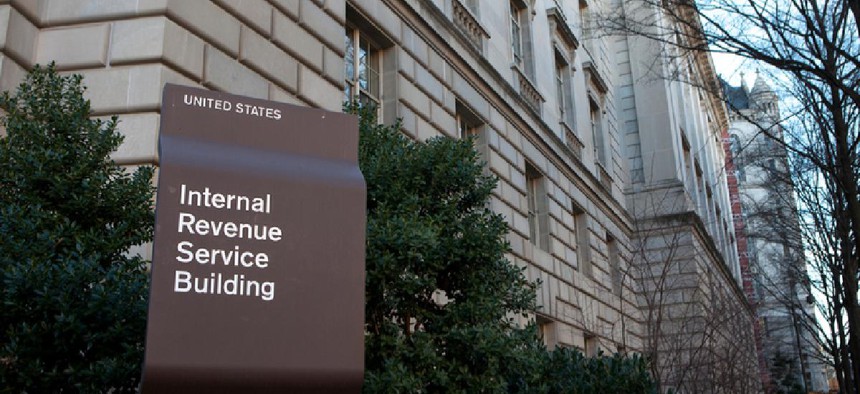Watchdog: IRS botched Linux migration

Poor IT governance has prevented the IRS from making progress on a long-term effort to migrate 141 legacy applications from proprietary vendor software to open-source Linux operating systems, according to an audit.

Poor IT governance prevented the IRS from making progress on a long-term effort to migrate 141 legacy applications from proprietary vendor software to open source Linux operating systems, according to an audit by the Treasury Inspector General for Tax Administration.
Under a migration plan developed in 2014, two-thirds of targeted applications and databases were supposed to have been successfully migrated by December 2016.
However, only eight of the 141 applications targeted have successfully transitioned to Linux as of February 2018. More than one third have not even started.
Auditors pointed the finger at poor planning by IT officials. For example, many of the staff assigned to the project turned out not to have training in how to set up or support a Linux environment.
"Prior to implementation, the IRS did not develop an initial project plan, or conduct upfront assessments and technical analysis on the applications and databases that were to be migrated," auditors wrote.
One major theme underlying many of the delays is confusion and lack of coordination among IT staff assigned to the project from different offices within IRS. The project was designed as a collaborative operation between employees from Enterprise Operations, Enterprise Services, Applications Development and Cybersecurity and was overseen by an executive steering committee and a technical advisory group.
A charter was drafted to hash out intra-agency roles and responsibilities, but as of February 2018, it remained unsigned.
The decision to move away from relying on Solaris -- proprietary software owned by Oracle -- to the open-source Linux operating system was expected to yield significant cost savings for the IRS over the long term. An internal cost assessment found that migrating just one system, a modernized e-file system, to Linux would save the agency around $12 million over five years in licensing fees.
Auditors made three recommendations: that IRS assign the project to a governance board aligned with the IT shop's framework and process, ensure that hardware, software, services and support include utilization plans and develop a disaster recovery and business continuity strategy.
The report cited IRS estimates that the agency expects to complete migration of all targeted applications by fiscal year 2020, and in a response attached to the audit, CIO Gina Garza accepted all three recommendations and said the modernized e-file system will be the first priority for the agency in 2019.
NEXT STORY: Oracle sues DOD over $10 billion cloud buy


